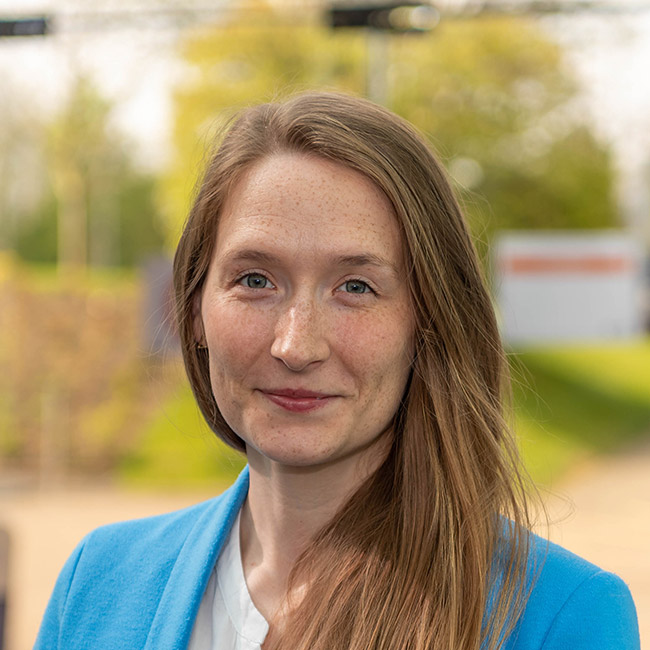Sustainability
Everyone knows sustainability is vital. Everyone knows now is the time to act. But there’s a difference between knowing and doing. As the deep tech powerhouse of Capgemini, we’re sure that it is the application of novel deep technology that will be a critical factor in solving the world’s sustainability challenges. And deep tech is what we do.
More than this, we know that activating your sustainability strategy needn’t come at a cost to your performance, competitiveness and bottom line. On the contrary, embracing sustainability innovation in the right way will enable you to add value as you shape your future for the benefit of business, society and the planet.
What we do
With our 800-strong multidisciplinary teams of scientists, engineers, designers and sustainability consultants, we leverage an array of the most potent deep technologies, including AI, biotechnology and advanced sensing.
We are collaborating with some of the world’s most radical climate tech start-ups to develop the innovative climate technologies that are transforming the world’s economy. And we work with large multinational corporations who understand that innovation will set their business up for unassailable long-term commercial advantage in our changing world.
Step change in sustainability
Many of the solutions needed to complete a sustainability transition simply don’t exist yet. What does exist is the opportunity to seize unassailable commercial advantage by inventing them. Someone’s got to do it, so why not you?
By collaborating with CC, you can apply the power of deep tech to create new-to-the-world innovation that delivers ambitious sustainability impact. Markets, customers and regulators are demanding it – so it follows that the businesses that deliver market-leading products and services that are also highly sustainable will prevail.
Our sustainability consultants can help you to develop the systems that will allow you to solve the hardest parts of this transition. The result will be novel products and services that allow you to differentiate through sustainability, without being defined by it.
Climate tech
CC can conceive, develop and scale novel systems that radically reduce greenhouse gases to deliver meaningful, real-world climate impact.
The imperative to cut carbon dioxide and other greenhouse gases demands climate tech solutions in virtually all areas of the economy. From energy generation, transmission and distribution to transportation, manufacturing, agriculture and the built environment.
This presents transformative opportunities for innovators who are able to harness deep tech and navigate significant scientific, regulatory, policy and market uncertainties. CC’s combination of deep scientific and engineering expertise and market acumen is the key to unlock immense value and a better future for our planet.
Nature tech
Our multidisciplinary technology teams are committed to developing commercially viable deep tech solutions to halt biodiversity loss and support the transition to a nature-positive future.
The biodiversity crisis requires innovation. The systems we’ve relied upon to provide our food and materials are undermining the very ecosystems they depend upon. That means disruption is coming – and disruption means innovation.
Attention is focused for now on understanding and reporting on nature impacts and dependencies, as well as quantification for the emerging world of biodiversity credits and offsets. From earth observation to bioacoustics to eDNA, technology will provide the keys to enable nature monitoring, reporting and verification (MRV) at scale. But it must be designed for scalability and commercial viability from the start.
Beyond measurement and reporting, the need to achieve business success while radically shifting our relationship with nature won’t be easy. By applying an ambitious deep tech mindset, we can help you harness emerging technologies to secure your company’s future, alongside the planet’s.
How we can help you
Science and engineering
By reimagining every aspect of the value being delivered to the customer, it’s possible to build sustainability into the core of your solutions. This becomes a reality thanks to our combined understanding of cutting-edge deep tech, our history of developing disruptive and new-to-the-world innovation and our sustainability expertise. CC’s engineers, scientists, designers and sustainability practitioners turn brilliant ideas into profitable products and services that delivering business value and societal impact.
Advisory services
We provide insight into technologies that will impact sustainability on a 10 year plus time horizon so you understand which will be the most important. Our teams develop technology roadmaps to underpin ambitious planet-positive visions with implementation plans based on ambitious, novel but achievable technology adoption. We also provide techno-commercial due diligence to support investors in evaluating prospective investments in clean/climate/nature tech.
Sustainable product design
Many day-to-day products have adverse environmental impacts baked in during design. At CC we integrate sustainable product design into our process to minimise such impacts. With a wide range of analytical skills, including life cycle assessment, our teams lead insight-driven product transformation. In combination with our understanding of circular product design, we can achieve ambitious reductions in the environmental or social burden. We’re uniquely positioned to deliver solutions that are grounded in science and unlock the potential of underutilised technologies.
Featured insights
Our expertise
Our approach to sustainability brings together sustainability practitioners – experts in navigating this complex topic – with the innovation machinery of CC. This unique combination enables us to use sustainability as a lever for innovation, creating new ideas and delivering world-firsts with reduced, no, or even positive social or environmental impact. And together with ambitious clients as partners, we create market-changing innovations that deliver significant sustainability impact in market sectors such as consumer, healthcare, telecoms and energy.
Where sustainability is not the primary driver for a project, our sustainability team is also responsible for ensuring that developments are future-fit. Our sustainable design process, based on quantitative approaches and frameworks such as life cycle assessment, informs the design and development of CC’s 500+ per year project portfolio.
We understand the extraordinary business potential and practical application of engineering biology. From novel materials to new medicines, data storage to living sensors, bioengineering offers new ways to sense, organise and process matter efficiently and cleanly. With our synthetic biology expertise, you can turn bioengineering theory into practice.
We help synthetic biology start-ups get innovative biodesign products to market. We assist them in scaling-up novel bioengineering processes – ensuring robust quality control, consistent product delivery and competitive cost.
Using our skills in biological manipulation, automation, measurement and process control, we help mature organisations already engaged in synthetic biology to build consistent and predictable processes for the rapid and cost-effective development of new products and services.
CC covers everything from high-reliability sensing for ultra-harsh environments to low-cost, low-power consumer devices. With broad expertise and a technology agnostic approach, we deliver optimal solutions across the whole spectrum of sensing.
Our work includes physical modelling (computational flow dynamics and finite element), analysis for new sensing principles and the development of innovative machine vision and machine learning systems.
Inexpensive yet powerful microcontrollers and GPUs mean more value can be derived from commodities like CMOS cameras, accelerometers and magnetic sensors. Through value engineering of established designs, and by using novel DSP algorithms to extract more data, we deliver huge leaps forward in performance while reducing costs.
At CC we are the leading the way in intelligent simulation tools, offering a comprehensive suite of services for testing autonomous systems.
Our unique approach utilises synthetic data to create tailored operational environments, run AI algorithms and evaluate sensor performance.
This advanced simulation offers numerous benefits, including the potential for up to 95% reduction in data collection costs, accelerated product development, improved safety and scenario testing.
Our expertise in physics and chemistry underpins everything we do. With in-house expertise in materials science and knowledge of the structure and composition of wide range of properties we can ensure that all elements of a system’s design use the most appropriate materials.
We can accurately predict the intricate behaviours of fluids and their interaction with physical surfaces and our microfluidics expertise is crucial to many projects. We’re particularly experienced in phase change materials and the handling of hot and cold fluids for beverage systems.
CC has a deep understanding of AI and its applications. Our expertise spans Bayesian inference, real-time signal processing and data analysis and is combined with extensive technical skills in areas such as predictive analytics, deep learning, edge AI and empathetic AI.
Our consultants are pushing the boundaries of the human-machine interface to develop edge AI use cases, generative AI models, new supervised machine learning models and types of data analytics.
Our work is unlocking new frontiers in areas such as uncrewed aerial vehicles, synthetic biology, remote monitoring systems, telecoms and beyond.
Our facilities
 |
AI infrastructureCC’s comprehensive onsite compute infrastructure allows us to explore options and train and test models more rapidly to get better results. We run petaflop-scale, containerised compute on site, with multiple NVIDIA DGX-1 deep learning supercomputers and other GPU and FPGA-accelerated servers. This links to petabyte-scale local NetApp storage, project-specific cloud and our continuous integration systems. |
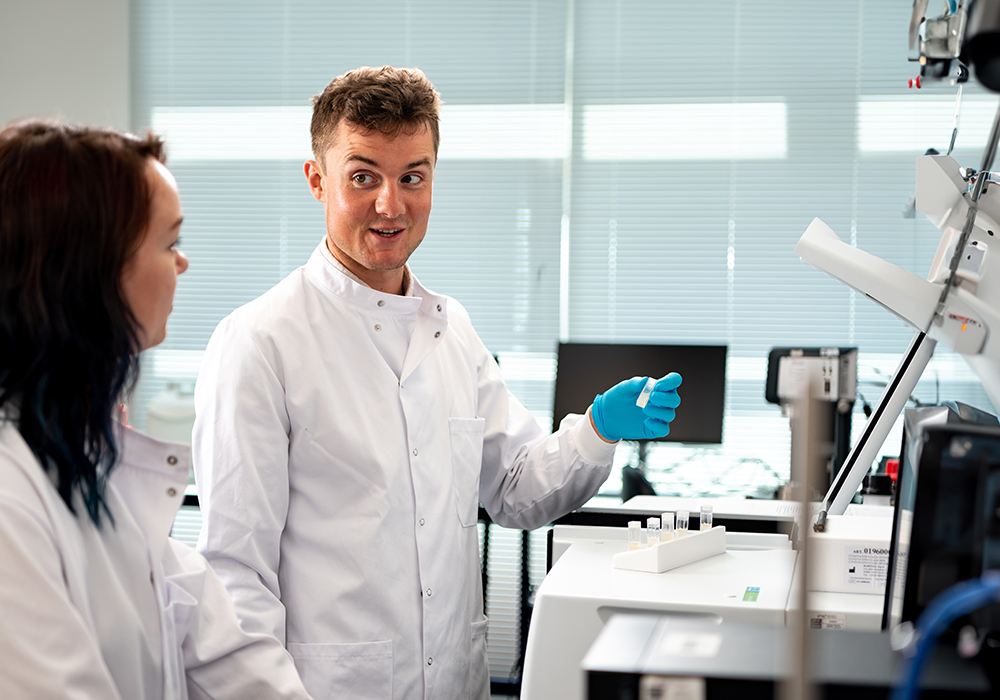 |
Analytical labsOur analytical laboratories provide high accuracy measurement and analysis for the wide range of projects we undertake. Specialist equipment includes a gas chromatography mass spectrometer (GCMS), a Matersizer particle size analyser, a Spraytec laser diffraction droplet size analyser, high-speed and thermal imaging cameras and rapid-development custom image analysis software. |
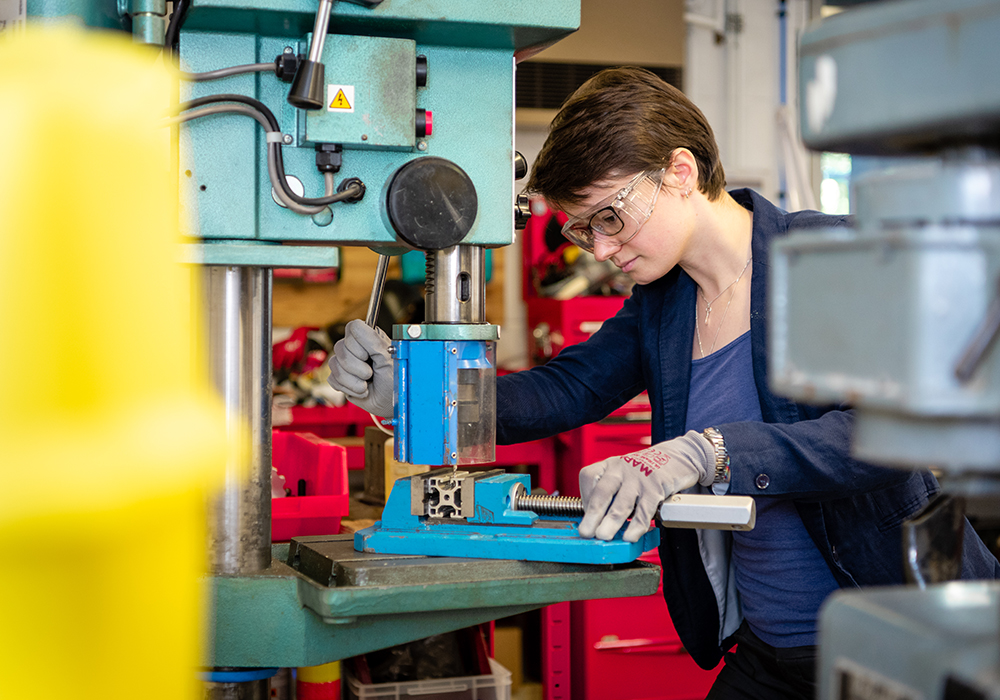 |
Prototyping workshopsOur electronic and mechanical prototyping workshops allow us to produce technically credible prototypes that bring ideas to life and offer a powerful demonstration of value – all while maintaining extremely high standards of quality that conform to ISO 9001, ISO 13485 and ISO 14001 regulations. Using the latest CNC and milling machines, lathes, welding gear and wire harness and cable assembly tools, we are able to produce parts very quickly and assemble full-scale working prototypes for testing and consumer trials. |
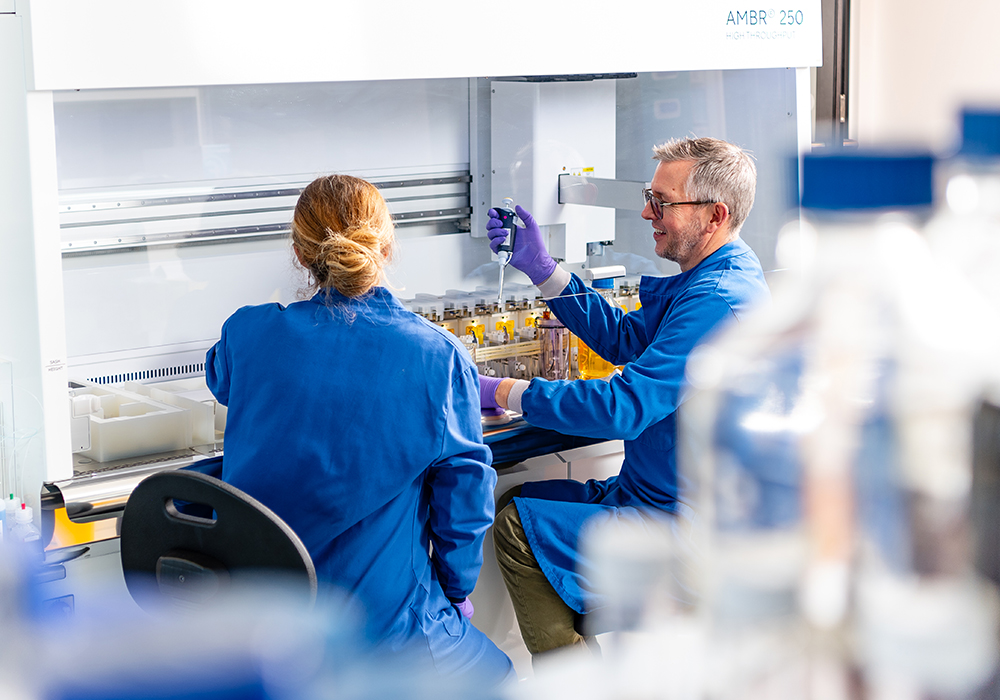 |
Engineering biology labsOur microbiology lab spaces enable us to genetically modify micro-organisms and characterise them. The CC bioengineering facilities are containment level 2 rated for handling pathogenic strains and our in-house libraries allow rapid modular DNA construct design and assembly. With deep synthetic biology expertise, we are particularly adept at building organisms as biological sensors for healthcare and industrial biotech applications. |
Our experts

Catherine Joce
Head of Sustainability

Mike Dunkley
Head of Climate Tech

Richard Hall
Chief Operations and Sustainability Officer

Charlie Dean
Head of Sustainable Medical Technology

Alexandra Rehak
Head of Energy Transition
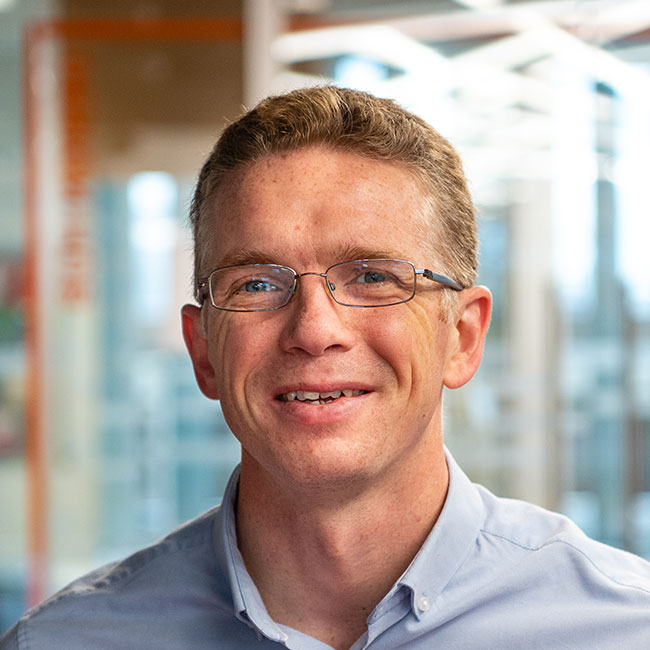
Kieran Reynolds
Head of Smart Infrastructure

Niall Mottram
Head of Agritech
